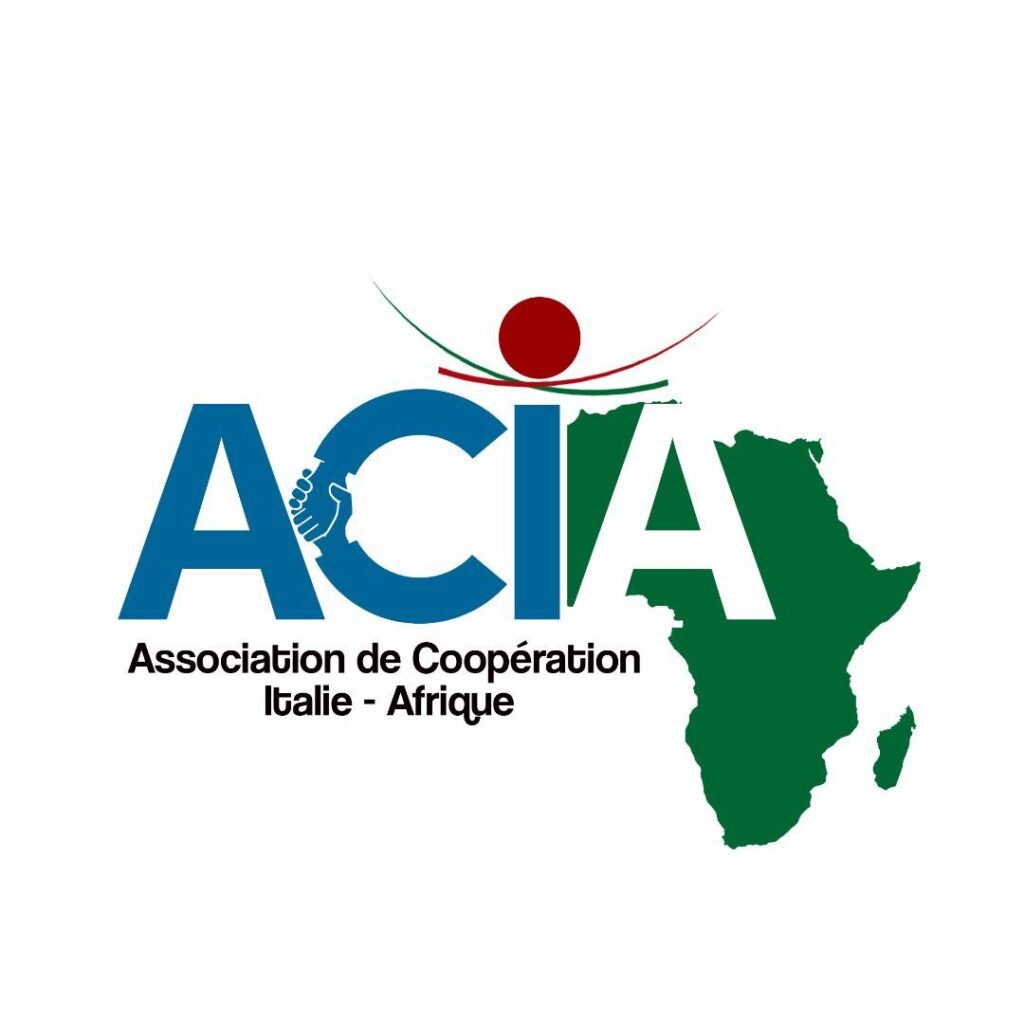African markets are reacting in various ways to the continent's rapid population growth:
Growth opportunities
Population growthparticularly the increase in population and the middle class, is a key strength for African markets. By 2050, it is estimated that there will be 2.5 billion Africans, with consumption and industrialisation increasing dramatically. This offers huge opportunities for companies to expand their business in sectors such as agribusiness, renewable energy, construction, health and technology.
Employment challenges
However, population growth also poses significant challenges, particularly for employment. By 2030, some 30 million young people will enter the African labour market each year. In sub-Saharan Africa alone, 18 million new formal jobs would be needed only to absorb new entries. If investment in human capital and job creation do not keep pace, the 'demographic dividend' can turn into instability and conflict.
Rapid urbanisation
Another significant impact of population growth is urbanisation. It is estimated that by 2050, African cities will have 950 million more citizens than today.. Cities like Cairo, Alexandria, Bomet and others are growing at a dizzying pace. This rapid urbanisation poses enormous challenges in terms of urban planning, infrastructure and services.
Opportunities for Italian companies
In this context, Italian companies have the opportunity to develop their business in African markets, exploiting the growth of consumption and industrialisation. The most promising sectors include agribusiness, renewable energy, construction, health and technology. However, it is crucial to understand the specific challenges and risks of each market and adapt strategies accordingly.In summary, Africa's population growth offers enormous market opportunities, but also poses critical challenges in terms of employment, urbanisation and sustainable development. Navigating these changes will require strategic vision, targeted investment and public-private collaboration.

How African cities are evolving in response to the population boom
African cities are evolving rapidly in response to the population boom, facing both challenges and opportunities:
Urbanisation at a dizzying pace
By 2050, it is estimated that African cities will have 950 million more citizens than today. Cities such as Cairo, Alexandria, Bomet and others are growing at an unprecedented rate. This rapid urbanisation poses enormous challenges in terms of urban planning, infrastructure and services.
Uncontrolled urban expansion
Lack of planning often results in costly and uncontrolled urban sprawl. In Accra, the capital of Ghana, between 1991 and 2010 the urban area increased by 70% while the population only increased by 32%. This leads to informal settlements, traffic congestion and a lack of basic services.
Development opportunities
However, urbanisation also represents an immense opportunity, not only for city dwellers but also for rural development. African cities are centres of innovation, education and economic activity that can drive the growth of the entire continent.
Role of China
In this context, China is playing a leading role, financing and building infrastructure and urban districts in many African cities. This development is rapidly changing the face of cities, albeit sometimes with difficulties of integration with the local context.
Necessary investments
To manage the urban transition, African governments will have to invest heavily in infrastructure, services and housing. An estimated 123 million new jobs and 123 million new homes are needed. Without these investments, the population boom could turn into instability and conflict. African cities are undergoing a momentous transformation from relatively small centres to global megacities. Managing this transition will require strategic vision, targeted investment and international collaboration. But If tackled successfully, urbanisation can become a powerful engine of development for the entire continent.

Which African cities are growing fastest
African cities are experiencing rapid population growth, with some emerging as the fastest growing urban centres. Here is a list of Africa's fastest growing cities:
1. Lagos, Nigeria
Lagos is set to become the most populous city in the world, with an annual growth rate of about 3.63%. Its expansion is fuelled by migration from rural areas and continued urbanisation, necessitating an effective urban development plan to manage the growing population and related challenges.
2. Kinshasa, Democratic Republic of Congo
Kinshasa is the third largest metropolitan area on the continent, with a growing population of about 4,40% per year. The city has seen rapid urbanisation and a significant increase in population, accompanied by challenges related to infrastructure and services.
3. Dar es Salaam, Tanzania
With an impressive growth rate of 5.01%, Dar es Salaam is rapidly becoming a commercial and cultural hub. The city is facing the need to improve its infrastructure to support its growing population.
4. Addis Ababa, Ethiopia
Addis Ababa, considered the political capital of Africa, is growing at a rate of about 4.45% per year. The city is becoming an important economic and cultural centre, attracting investment and migrants.
5. Luanda, Angola
Luanda has a growth rate of about 3.80%. The city is facing challenges related to the shortage of housing and services, but continues to expand due to economic opportunities.
6. Kampala, Uganda
Kampala is experiencing significant growth with an annual growth rate of about 3.7%. The city is trying to improve its infrastructure and services to cope with the growing demand.
7. Abuja, Nigeria
Nigeria's capital, Abuja, is growing rapidly, with a growth rate approaching 5%. The city is designed to be a political and administrative centre, but faces urban planning challenges.
8. Khartoum, Sudan
Khartoum has a growth rate of about 2.99%. The city is trying to manage urbanisation and improve living conditions for its inhabitants.
9. Mombasa, Kenya
Mombasa, with a growth rate that could lead to significant expansion, is facing challenges related to rising sea levels and the need for adequate infrastructure.
10. Johannesburg, South Africa
Johannesburg is growing at a rate of about 2.19%. Although it is not among the fastest growing cities, it remains an important economic centre on the continent.
These cities are facing significant challenges related to rapid growth, such as the need to improve infrastructure, ensure adequate services and manage urbanisation. However, they also represent unique opportunities for economic and social development in Africa. With effective planning and targeted investment, these cities can be transformed into thriving centres that contribute to the progress of the continent.






